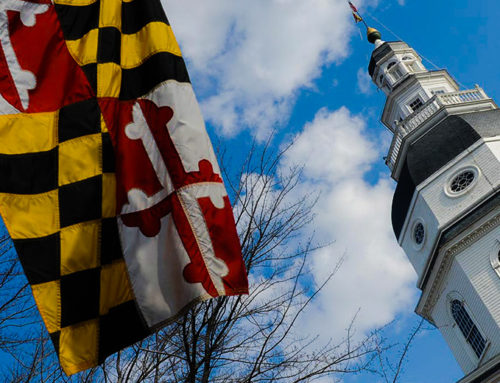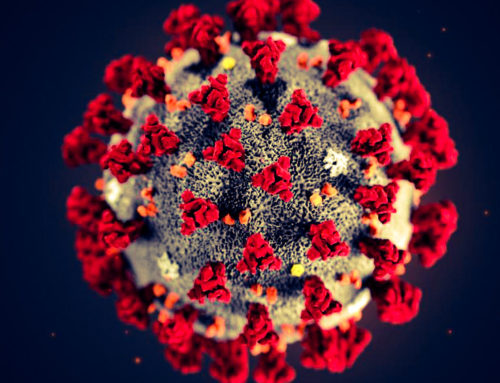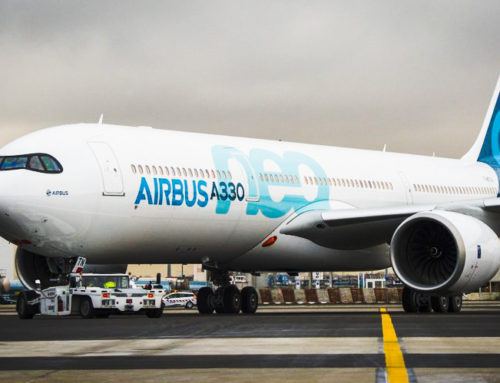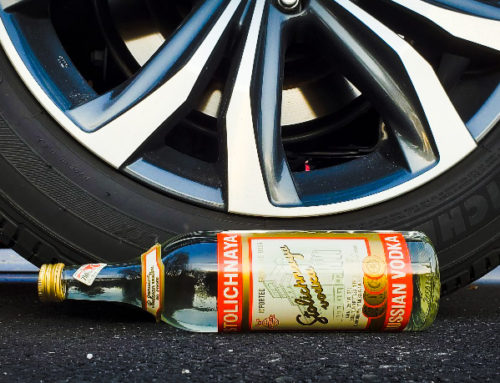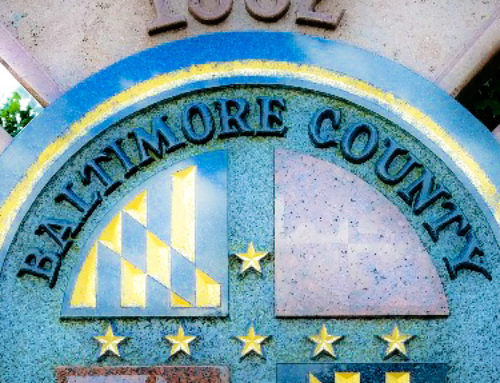View by Topic
Recent Articles
-
Congress Blocks California’s Gasoline Car BanSaturday, May 31st, 2025
-
EPA Will Keep Current Limits for “Forever Chemicals” in Drinking WaterSaturday, May 24th, 2025
-
Court Indefinitely Pauses SEC Climate Rule LitigationSaturday, May 17th, 2025
-
Maryland is About to Regulate Mold But is the Cart Before the HorseSaturday, May 10th, 2025
View by Month/Year
“Green Building Law Update” Headlines
Recent Articles & News from
Stuart Kaplow’s blog
at GreenBuildingLawUpdate.com
- EPA Will Keep Current Limits for “Forever Chemicals” in Drinking Water May 25, 2025
- Court Indefinitely Pauses SEC Climate Rule Litigation May 18, 2025
- Maryland is About to Regulate Mold: But is the Cart Before the Horse? May 11, 2025
- BEPS Redux: The Most Far Reaching Environmental Legislation of the 2025 Maryland General Assembly May 4, 2025
Subscribe to the Green Building Law Update!
Stuart Kaplow brings his expertise and extensive experience to the table with his unique digital publication, "Green Building Law Update". Subscribers receive regular updates to keep them informed about important issues surrounding Environmental Law, Green Building & Real Estate Law, as well as the emerging demand for Environmental Social Governance (ESG).
Get fresh content through the lense of Stuart Kaplow's cutting-edge expertise, innovative commentary and insider perspective. Don't miss another issue! Subscribe below.
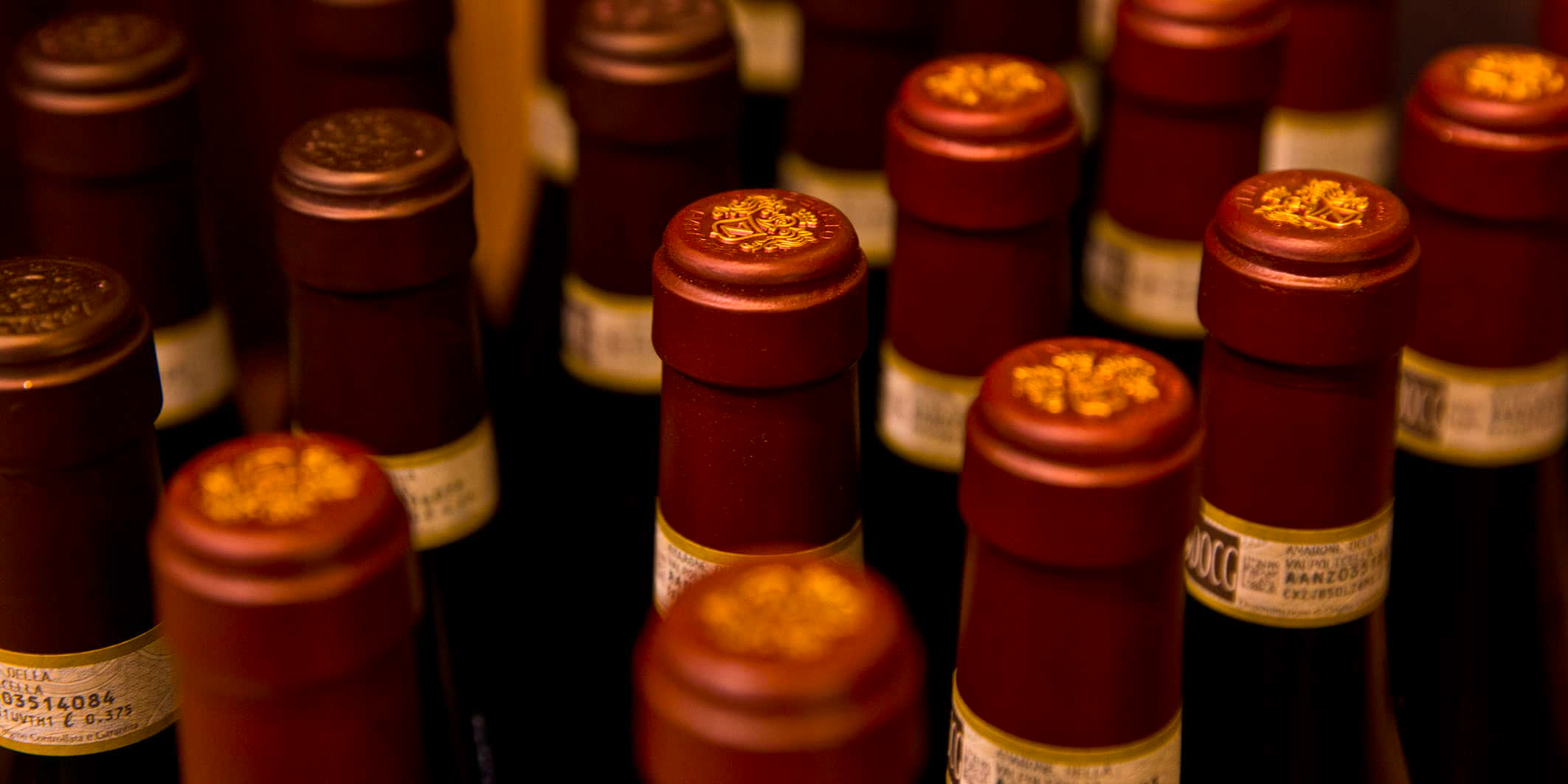
If You Are Not Delivering Alcohol To Your Customer, Your Competitor Will
Nancy Hudes and I are collaborating in Regulatory Solutions Consultancy, LLC, a consulting firm positively leveraging constraints and finding advantages in the licensed beverage industry. If we can assist you with matters of alcoholic beverage law, do not hesitate to give us a call.
As grocery stores and restaurants deliver exponentially larger quantities of food, beer, wine and spirits sales by delivery are only a step behind.
You cannot wait to deliver by autonomous vehicle or even drone. The market shift is happening now.
This is much more than only the impact that Amazon is already having on retail. Food delivery, in particular, is projected to grow by the double digits, at 12% per year, for each of the next five years. While grocery stores see some sales cannibalization, such has not been the case for restaurants, where more than 25% of consumers spend more on off-premises orders. But that many delivery sales do not include beverages, alcohol or otherwise, (.. despite that beverages provide high margins) presents a huge opportunity for increased sales.
And in Maryland that fast growing market for beer, wine and spirits delivery will, by law, be filled by existing alcoholic beverage license holders (i.e., Amazon Prime is not delivering beer in Maryland).
And this is not Homer’s dangerously wine-dark sea. Responding to that demand and after a change in state law, Alcoholic Beverages Article, § 3-506 et seq, that expressly provides for delivery, nearly every Board of Alcoholic Beverage Commissioners in Maryland now has a procedure to approve deliveries in their respective county. As a threshold matter, of course deliveries of beer, wine and spirits may only be made by a licensee in the county where they are licensed. This limiting factor is a huge boon to existing package good operations.
The rules vary from county to county. In Baltimore City, a licensee desiring to deliver alcoholic beverages must complete the Baltimore City Delivery Registration Application Form and receive a letter of authorization from the Board before deliveries may be made.
The City rule does not require a public hearing on the delivery request. But as a limiting factor, mimicking the 2015 state law “each delivery person shall be an employee of the licensee,” which arguably precludes the use of third party delivery companies? The rule also tracks the state enabling law expressly authorizing “delivery service upon request by customers through any mode of electronic contact (e.g. smartphone application, or internet on-line purchase, etc.).” Each delivery requires, “the signature of the intended recipient who is at least 21 years old, ..”
Baltimore County is currently proposing revisions to its delivery rules, and its rules have historically been more limiting than other jurisdictions. A request for a letter of authorization to deliver requires that the licensees appear before the Board and demonstrate at a public hearing how staff will be trained to comply with the rule. The County requires an Alcoholic Beverage Delivery Form be completed for every delivery and maintained for a period of time (although that period of time is one of the rule changes pending).
In Howard County, similarly, licensees must appear before the Alcoholic Beverage Hearing Board for their letter of authorization from the Board to make deliveries. Delivery must be “made from the licensed premises by the retail license holder or an employee of the retail license holder” (.. again, parroting the state law). A delivery log must be kept that documents all retail deliveries in a manner similar to keg registration requirements.
Again, the rules vary between local jurisdictions in Maryland, but in each instance a licensee must obtain liquor board authorization in advance of making deliveries.
Local boards are also handling ordering through a third party differently. Despite the apparent limitation in state law, among the fastest growing businesses in this sector are those accepting orders by phone app and delivery by ..?
We first posted Delivery will Change the Alcoholic Beverage Industry in 2018 and we will follow up with more and additional posts on the all but explosive business opportunities of delivery.
It was recently widely reported that online alcohol delivery sales grew over 32% last year, increasing at an average rate of just about 3% month over month. None of those deliveries were by robot; not yet .. But, if you are not delivering alcohol to your customer, your competitor will.





